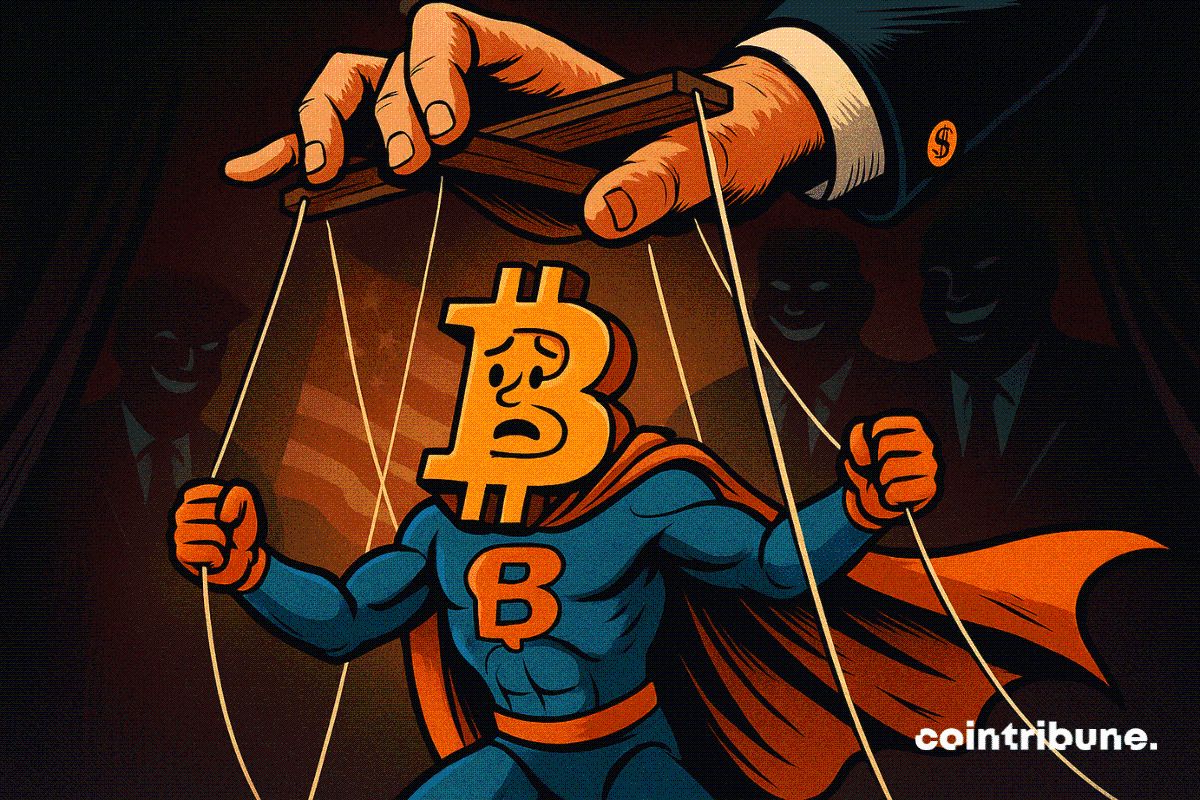Banks Embrace Crypto: JPMorgan to Accept Bitcoin and Ethereum as Loan Collateral
Regulatory challenges surrounding cryptocurrency in the Trump era are gradually becoming more defined, and Bitcoin’s recent surge—reaching $126,000 earlier this month—has further fueled institutional interest. In response, major financial institutions are moving to integrate digital assets into their lending operations. JPMorgan Chase, one of the world’s largest investment banks, announced plans to allow institutional clients to use Bitcoin and Ethereum holdings as collateral for loans by the end of the year.

In brief
- JPMorgan plans to accept Bitcoin and Ethereum as collateral for loans and will use independent custodians for security.
- The bank has already integrated crypto-related ETFs into its lending operations and is exploring stablecoins like JPMD.
- Other U.S. banks such as Morgan Stanley, State Street, and Fidelity are also expanding crypto services, signaling mainstream adoption.
JPMorgan Broadens Its Crypto Framework
Bloomberg reports that the program will be available globally and will rely on independent custodians to safeguard the crypto assets pledged as collateral. This program builds upon the bank’s earlier move to accept crypto-related exchange-traded funds (ETFs) as collateral for loans. JPMorgan began financing deals backed by BlackRock Inc.’s iShares Bitcoin Trust (IBIT), marking its first major step toward introducing digital asset-backed lending into its operations.
In addition, JPMorgan has launched its own stablecoin , JPMD, and CEO Jamie Dimon stated that the bank aims to explore JPMD alongside other stablecoins to better understand their potential applications.
JPMorgan CEO Maintains Cautious View on Bitcoin
Although JPMorgan is steadily increasing its crypto-related activities, Jamie Dimon has remained cautious about cryptocurrencies themselves. Speaking to CNBC in 2023, he dismissed Bitcoin as lacking genuine substance and described the broader crypto space as highly speculative . In a separate interview with CBS this January, he maintained that Bitcoin holds no intrinsic value and is often tied to illicit uses such as money laundering and ransomware.
Nonetheless, Dimon acknowledged that digital currencies are inevitable, emphasizing that while he respects people’s freedom to buy or sell them, he personally remains unconvinced of Bitcoin’s worth—comparing it to an act he would not encourage but accepts as a personal choice.
U.S. Banks Embrace Digital Assets
JPMorgan’s move reflects a broader change across major U.S. banks as they adjust to clearer federal guidelines on digital assets. Financial institutions are gradually incorporating cryptocurrencies into their operations and exploring secure ways to manage them.
Morgan Stanley, for instance, intends to open access to leading cryptocurrencies for E*Trade retail users within the first half of next year. Other firms, such as State Street Corporation and Fidelity, are also expanding their crypto services by offering safe management and storage solutions for clients’ digital holdings.
Together, these steps show that digital assets are no longer being treated as experiments but as part of a developing and regulated area within mainstream banking.
Disclaimer: The content of this article solely reflects the author's opinion and does not represent the platform in any capacity. This article is not intended to serve as a reference for making investment decisions.
You may also like
DOJ Exposes $7.8M Crypto Scam Tied To Bitcoin Rodney

Grayscale Signals Bitcoin Could Hit New Highs in 2026 Despite Recent Dip

Will the Bitcoin Cycle Survive American Monetary Policy?

